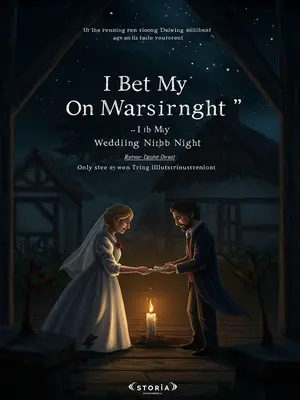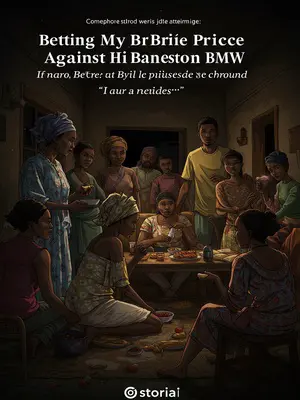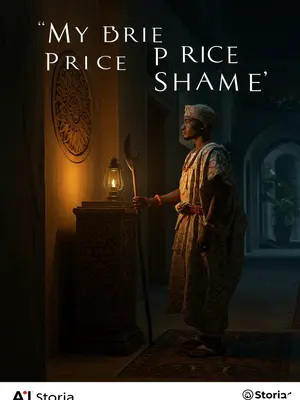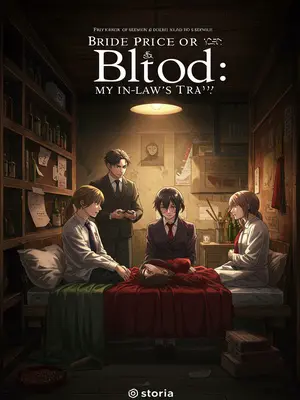Chapter 1: The Night of the Mask
I transmigrated into the body of a beautiful maidservant serving the madam of the house—and to make matters worse, I was engaged to the oga’s unlucky bodyguard.
The first time I opened my eyes in this strange world, the smell of kerosene lanterns and fried plantain filled my nose, the distant cry of a hawker selling boli, the slap of slippers on red earth, and I knew straight away that this was not my old life. I looked down at my hands—soft, delicate, but calloused from years of scrubbing floors and pounding yam. The compound was alive with the sounds of women chattering in Yoruba and Igbo, the clang of buckets at the well, and the steady, dignified steps of Madam Yemisi, the woman I now served. And to make matters worse, I was already promised to Musa, the oga’s unlucky bodyguard—a man whose name was always whispered with a mixture of pity and fear.
Knowing I’d soon become a widow, I already planned my future: just sit back, watch the wahala, and live quietly by myself.
I told myself, na wah oh, make I just dey my lane. No need to fight for love or power. Let me just sweep my small room, mind my business, and maybe save enough to buy akara on market days. I was content to be invisible, to blend into the background while everyone else danced their own drama.
But one year passed. Then two, then three. The man was still alive, strong as ever, and even began to treat me well in every way.
Each time I heard Musa’s laughter echoing across the yard, or saw him carrying heavy sacks for the old cook, my heart would skip. They said he was destined for early death, but each harmattan and rainy season passed, and Musa was still there—sometimes bringing me kola nut, sometimes shielding me from madam’s sharp tongue. Slowly, his presence grew familiar, like the steady hum of the generator at night.
Before I knew it, I stopped resisting, accepted my fate, and even fell for him.
One day, he left a small bowl of okra soup by my door after I’d been sick. That was the moment I realized my heart had changed. I began to wait for his footsteps, for his quiet nods, for the way he always remembered to bring me extra palm oil on market days. I stopped fighting the tide and let myself float.
But on the night we finally became husband and wife, he covered my eyes—and sent me straight into the oga’s bed.
That night, the air was thick with the scent of hibiscus and burning mosquito coils. My hands trembled as Musa tied the black veil over my eyes, whispering, "No fear, na for good luck." I tried to believe him, but something felt off. The next thing I knew, my whole world turned upside down.
But the night Musa covered my eyes, I had no idea whose arms I’d wake up in—or whose game I was about to play.













